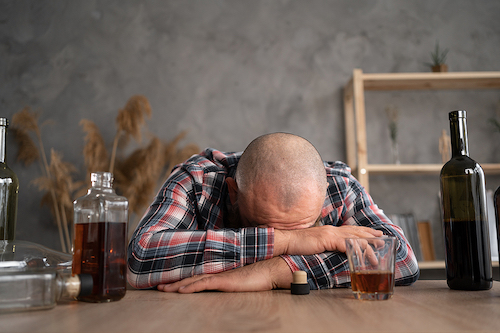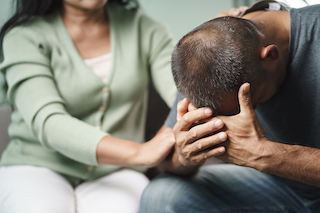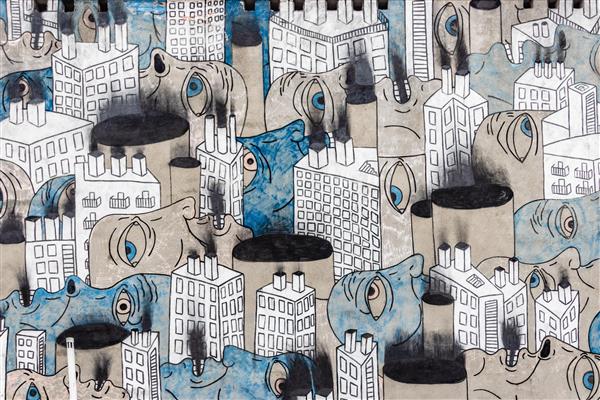January 26, 2022
by Elizabeth Pratt

For the first time since nation-wide data has been recorded, stigma towards those with depression has dropped significantly.
A study from Indiana University found that stigma associated with depression has dropped to a record low, but stigma surrounding other mental illnesses has either remained the same, or increased.
[More]
January 11, 2022
by Patricia Tomasi

A new study published in JAMA Network looked at trends in public stigma of mental illness in the United States. “The National Stigma Studies are designed to monitor the cultural climate surrounding mental illness and addiction,” study author Bernice A. Pescosolido told us. “This involves not only what people understand, what they can recognize as a problem, what they might do about it (or advise others to do), but also the prejudice and potential discrimination that individuals, families and certain groups face if they have mental health issues.”
[More]
August 23, 2019
by Tina Arnoldi

Burnout is a word commonly thrown around. People are burned out from work and family obligations. Burned out from media consumption. Burned out from commitments. World Health Organization (WHO) updated its definition for the ICD-11 to identify burnout as a “syndrome”, tying it to "chronic workplace stress that has not been successfully managed."
[More]
June 14, 2019
by Tina Arnoldi

Experts say cartoons, comics, graphic novels, and other images can be helpful for those struggling from mental health issues in addition to spreading awareness when done correctly. Those who have not experienced a mental health condition in themselves or families and who have not received training find mental health is a difficult concept to understand.
[More]
July 5, 2018
by Arthur Hunter

Thousands of psychologists have banded together against president Trump to diagnose him with a mental illness, and then to use that diagnoses against him to remove him from office. Some argue this is a risky path for the mental health community to be going down and that using the DSM-5 as a means to enact negative action against someone is the very act of stigma itself.
[More]
After entering the NFL in 2006, Brandon Marshall quickly began to establish a name for himself in football. Entering into the league as a Denver Bronco, Marshall ranked 3rd among NFL wide receivers in reception and was the 9th player in NFL history to have at least 100 receptions in back to back seasons (2008-2009). In 2009
[More]
April 24, 2015
by Eric Ellis, Psy.D.

Joni Mitchell's recent hospitalization has brought to light issues around so-called psychosomatic disorders and how we understand them as a society. In this podcast, learn about how all symptoms and disorders are at least in part psychosomatic and how we can reduce stigma and confusion around mind-body issues moving forward.
[More]
Violence is a main cause of stigma toward people with mental illness, but lack of knowledge and education are also part of the problem. People with mental illness are no more likely to commit violent acts than anyone else, but when mental illness is present with substance abuse and a history of violence, that risk does increase. As a society, we must better understand and effectively address all causes of violence.
[More]
Dealing with disability is a challenge, both for the person affected as well as those close to them, and even to strangers who come across individuals with disabilities in the wider world. It’s easy to look at someone who’s body or mind functions differently than what we are accustomed to interacting with and feel sorry for them. But being different doesn’t necessarily mean that being disabled is wrong.
[More]
As our understanding of the biological and genetic factors that contribute to the development of these disorders, it becomes easier to see these behavioral health disorders as real diseases—like diabetes or heart disease, which can also run in families. But, how might our relatively recent increased understanding of genetics and biology impact how people with mental illness are perceived and treated in our society? Will this understanding help to decrease stigma, or will it further fuel stigma for people living with behavioral health disorders?
[More]